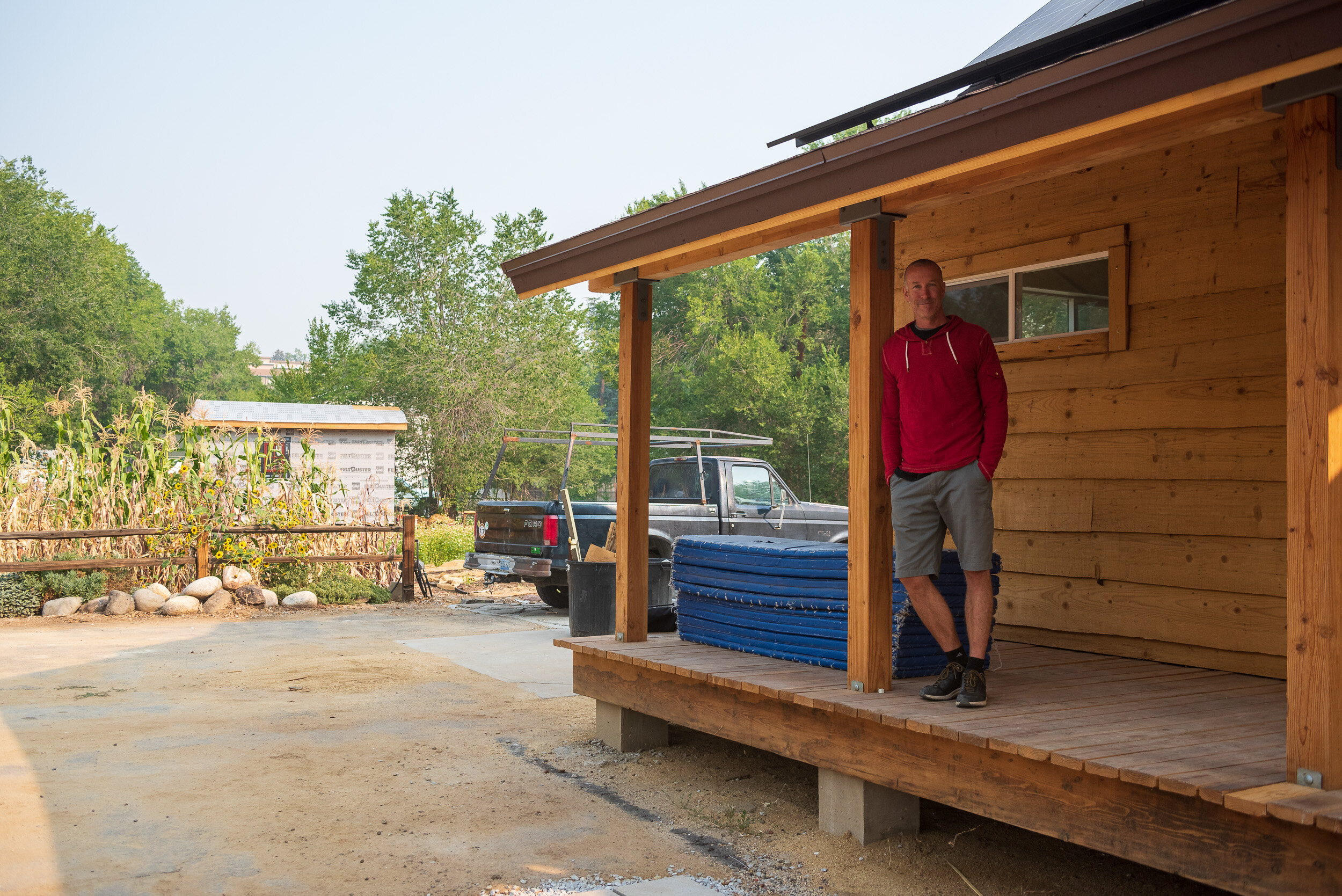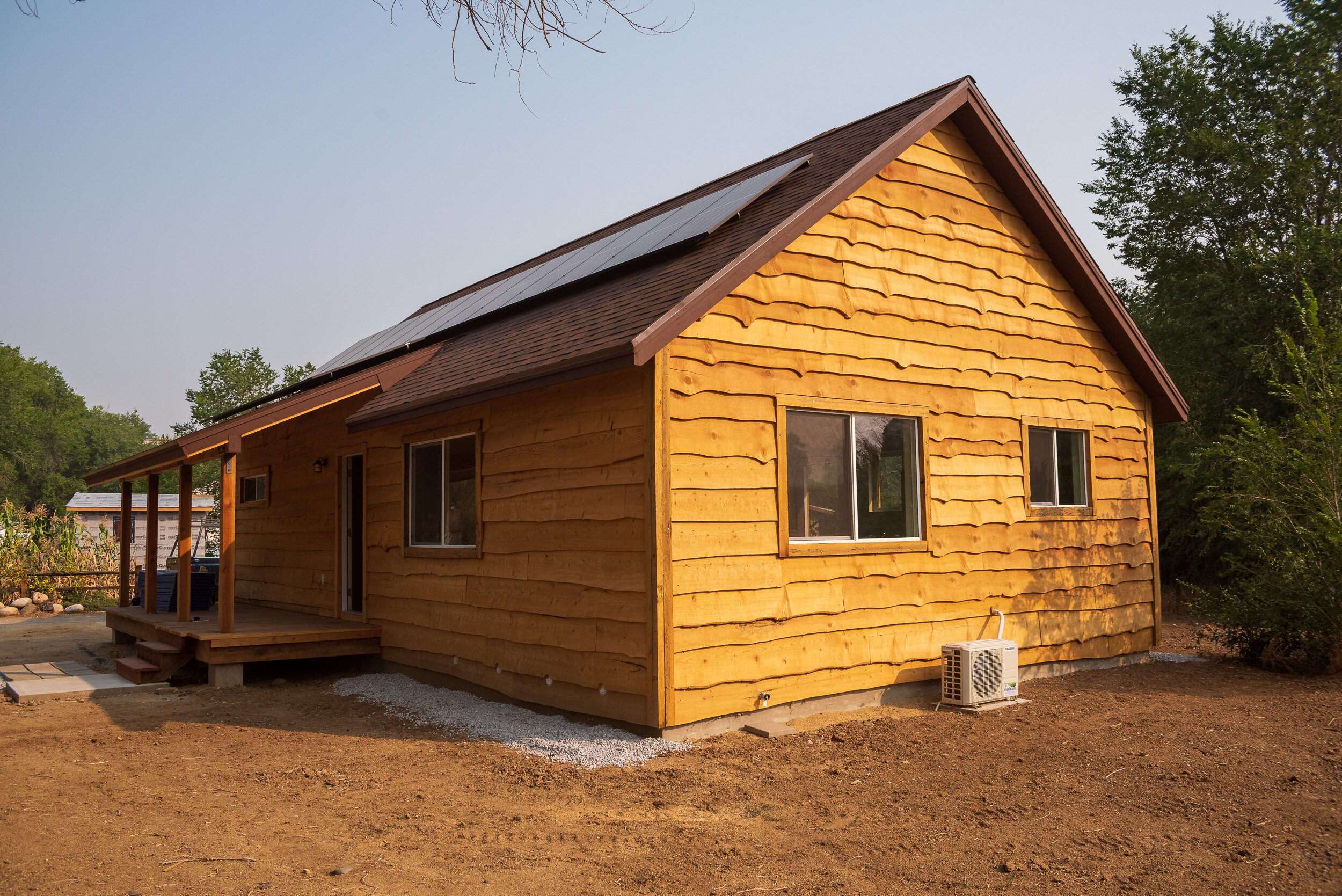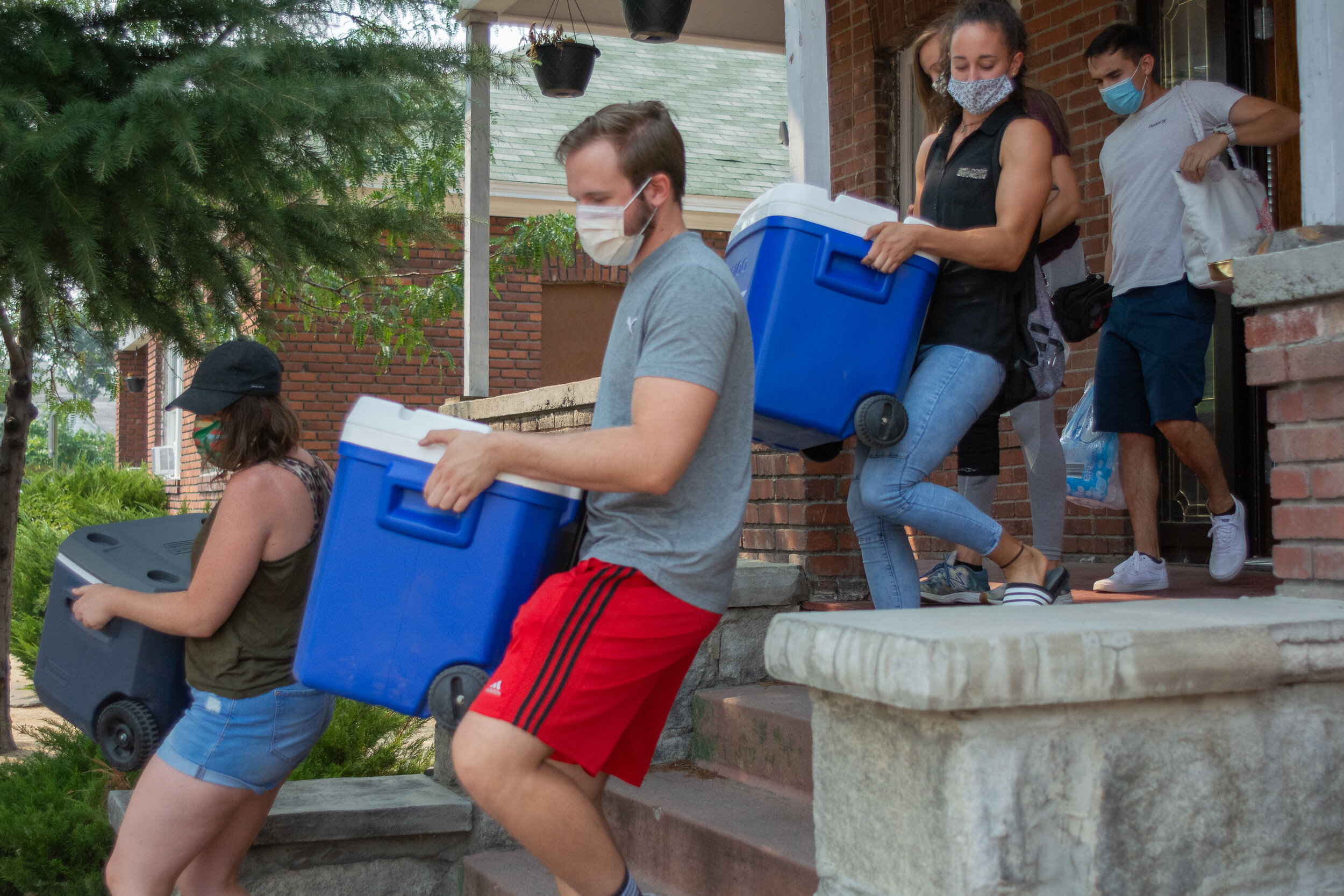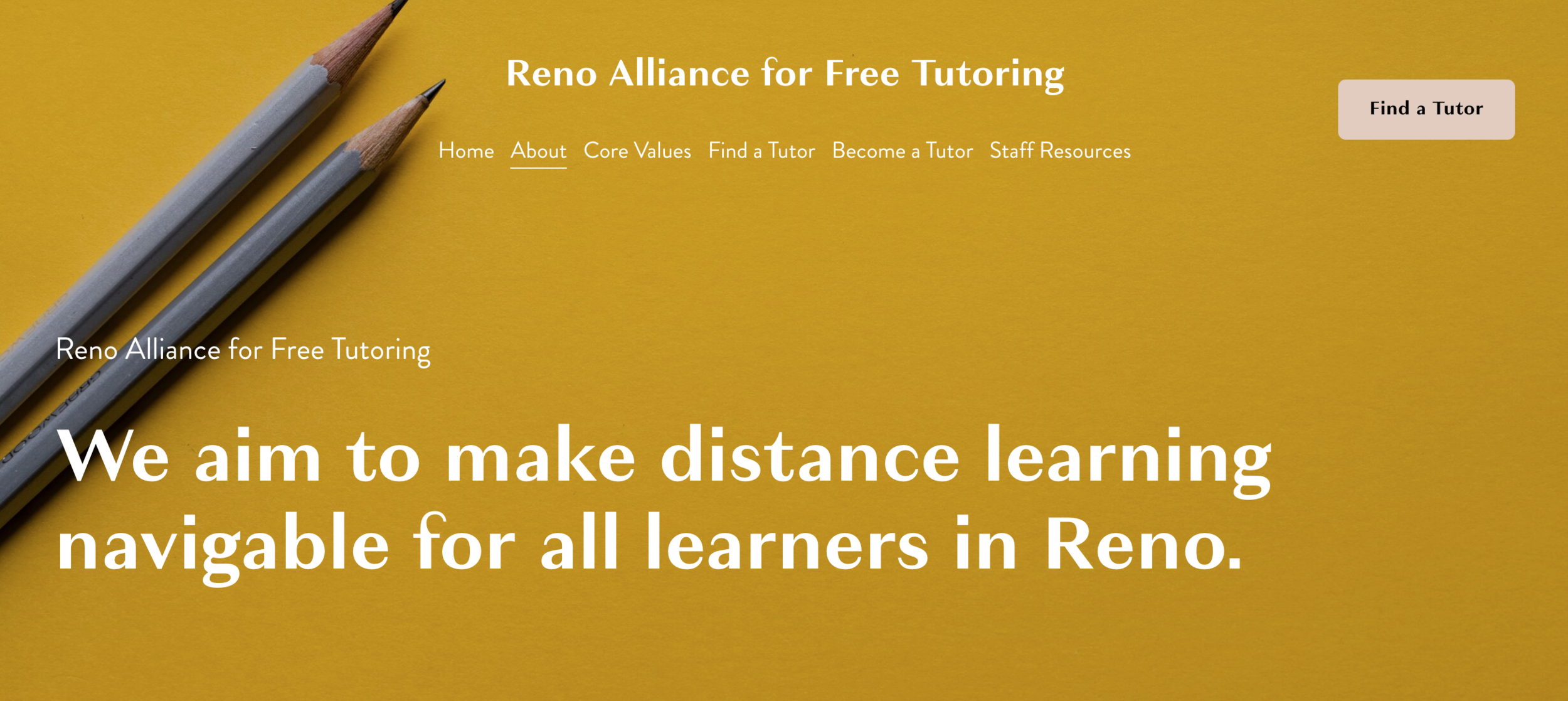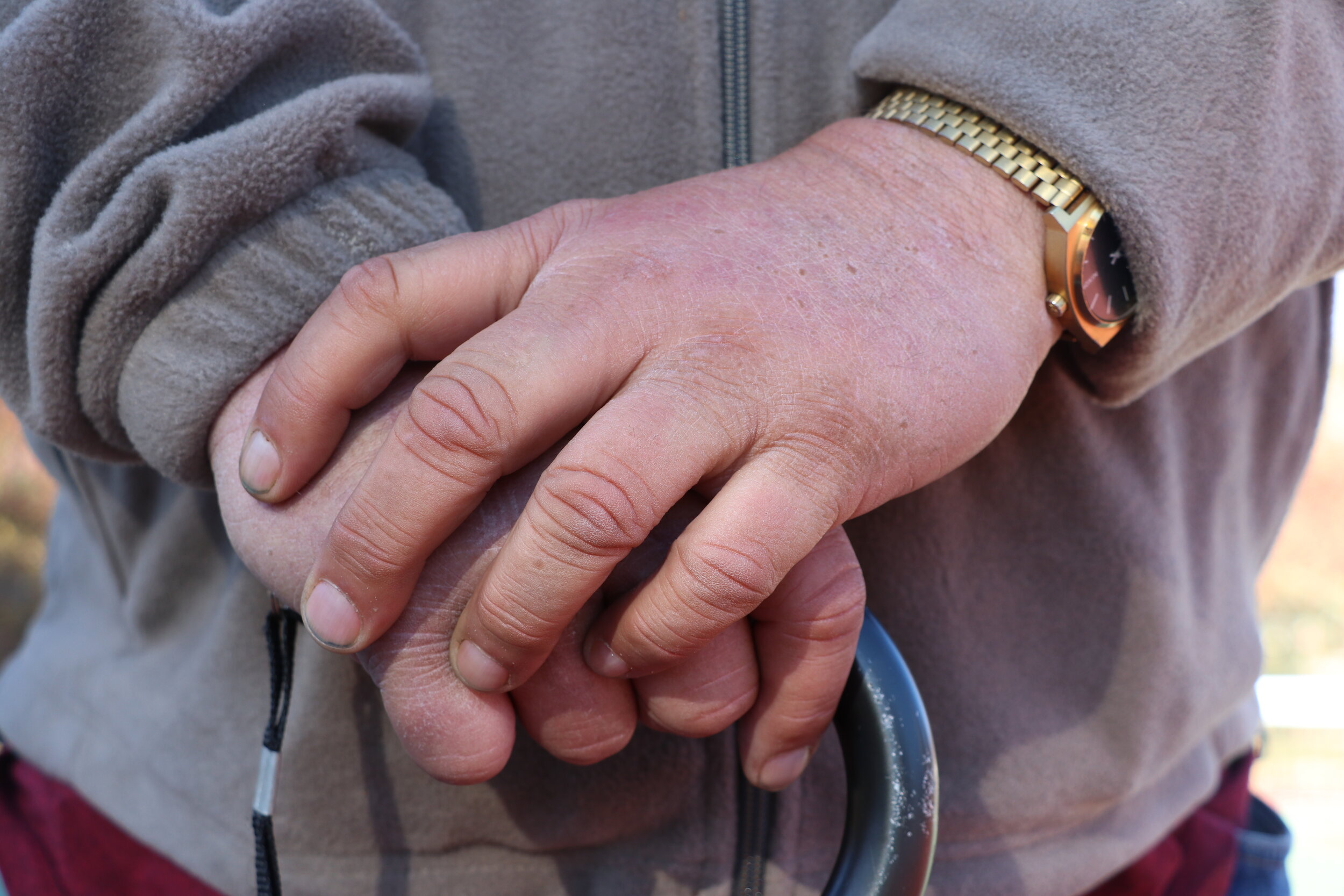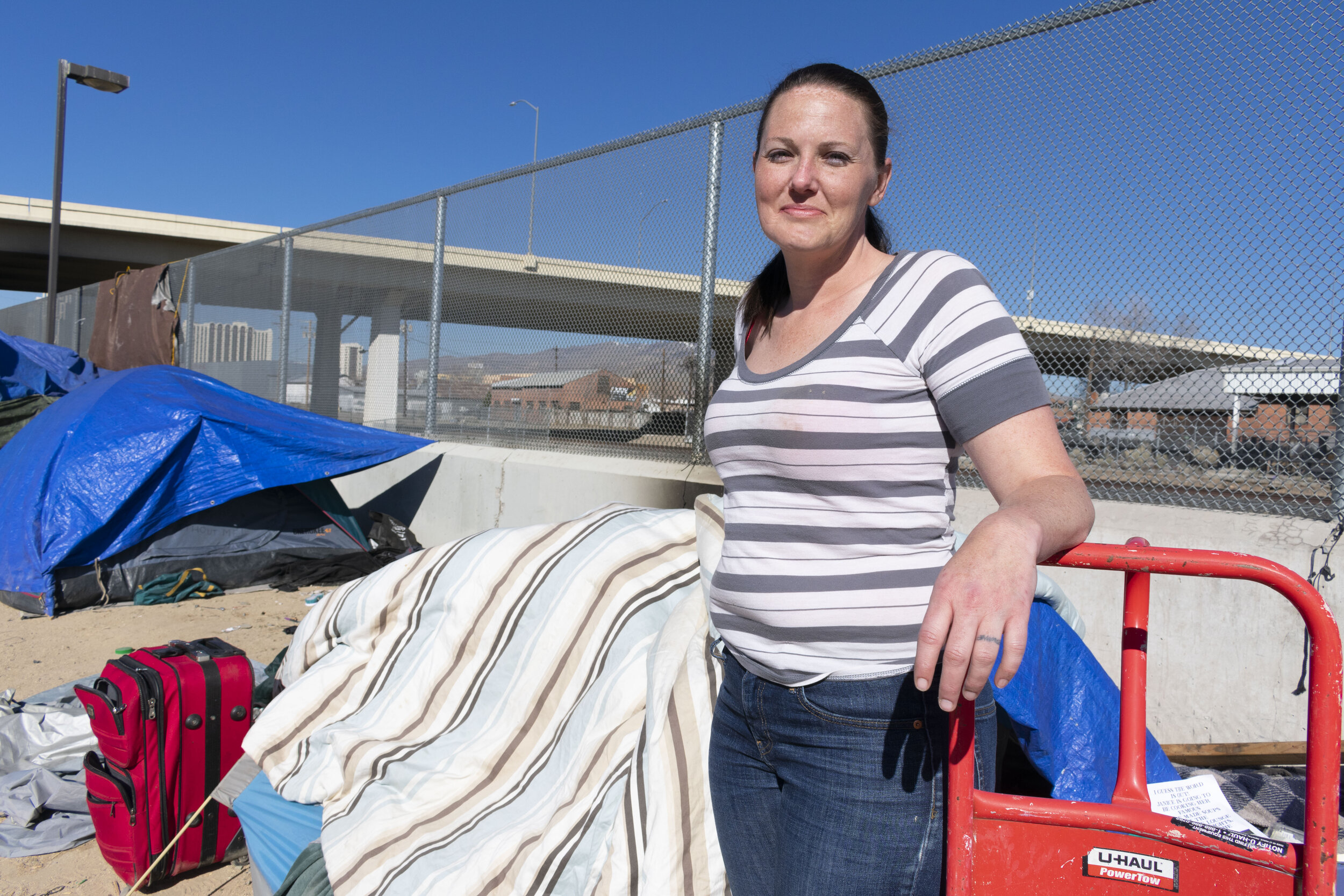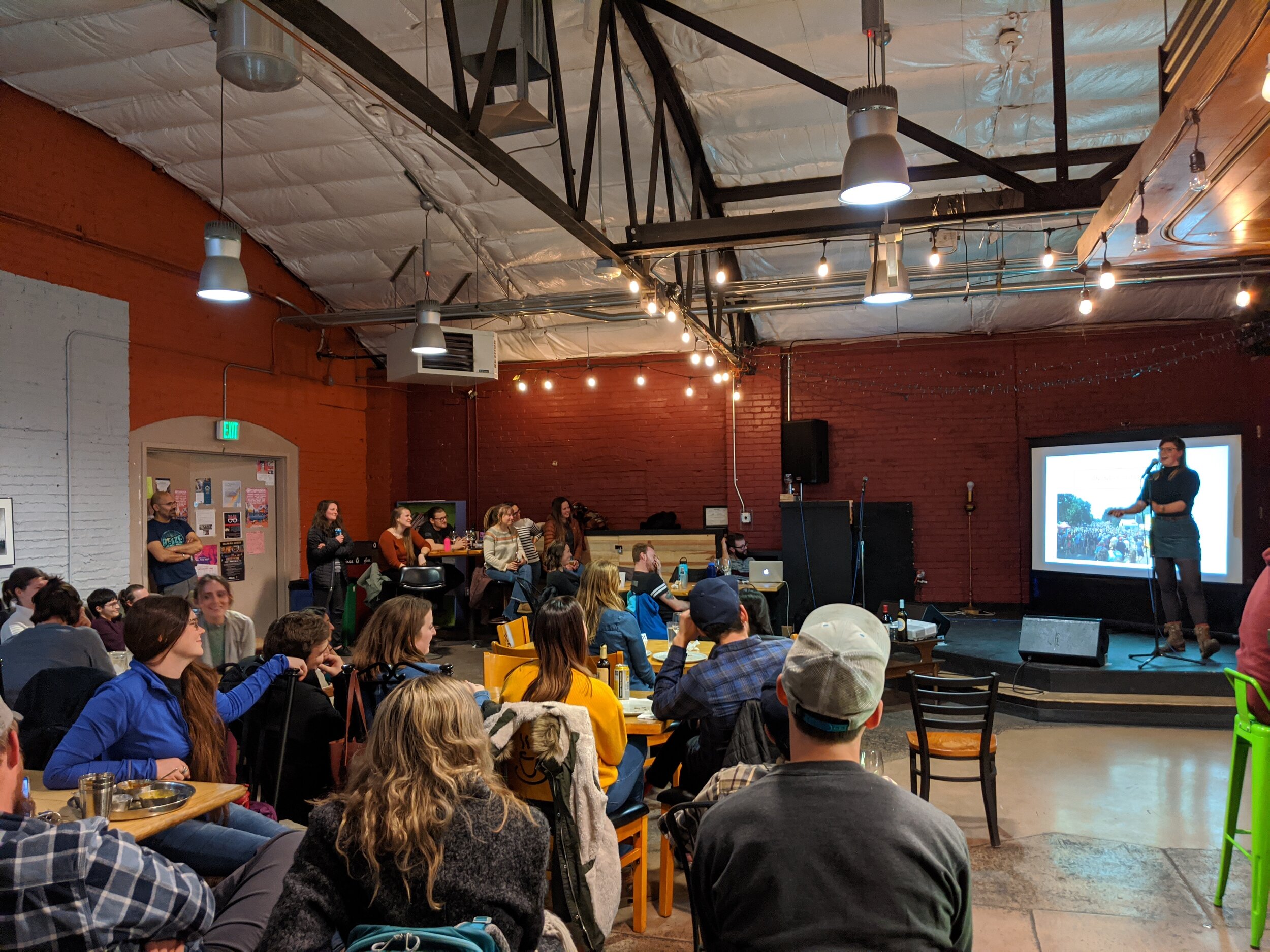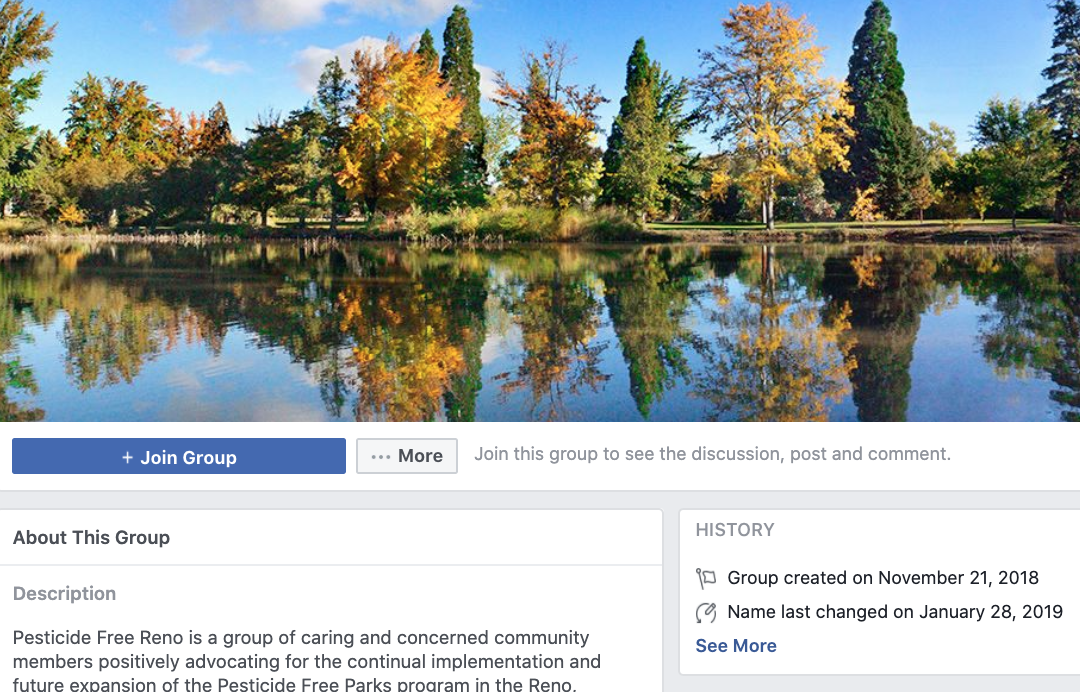The #MiMotivoNV Outreach Program
A recent post in Spanish on #MiMotivoNV says four laptops are available for kids who need them, as local schools continue to offer a combination of hybrid and in person classes, with some families having opted to go all remote. Self-employed and passionate about community, Maria Davis has poured lots of her own time these past few months in endeavors to help others during these difficult times.
Davis recently relaunched "#MiMotivoNV, as an outreach program to help with any resources needed during the ongoing pandemic.
“I would describe it as something I do because I care,” Davis told Our Town Reno. “I have continued because my promise with the community had just started, and I wasn't about to just, you know, quit because of budget or politics or whatever happened and just leave everybody hanging. So it's an outreach from the heart.”
#MiMotivoNV was set into motion after Davis says she realized the Washoe County Emergency Response Program had a lack of awareness for Reno’s Hispanic and LatinX community.
“I do know that there is a lot of ignorance when it comes to understanding the culture in our community. Not only the LatinX Community, but in general. To this day, I mean, there's still this ignorance of oh my gosh. I mean, seriously, it's beyond me that we are not going beyond what the job description says, and I'm sure this is in their job description because to be an emergency response manager for a county, you have to know that county in order to know how to develop a plan. Otherwise, how are you going to develop an effective plan? ...They're not taking the time to go out there and really get to know the community,” she said.
“They're not really willing to incorporate everyone and include everyone to really work together as one. There must be a sense of inclusiveness when offering resources to accomplish effectiveness.”
Davis has distributed banners and started hashtags
Acting as a Cultural Bridge and Convincing Parents to be More Involved
Davis wants to help anyone she can that is vulnerable but she says she has discovered that Hispanic and LatinX communities are often pushed to the bottom of the totem pole.
“A lot of people don't understand the culture,” she said. “A lot of people don't understand that to do outreach is to create relationships in the community. I care for my community. I care for the people and not only for the Hispanics but the community in general. We let politics get in the way, and we don't see the real needs. . . or maybe we see it, but we are just afraid that we are going to make people upset, communities, so we don't do it.”
Davis is also a driver of the Be an Angel private group on Facebook, which connects people with students to provide them with essential school supplies.
On the school front, Davis believes parental involvement is a place where progress can also be made. Many parents may not be aware of the resources available to them through the school district or even the power they have.
“If we promote parent involvement in our community to let the parents know, ‘hey you have a voice,’ because some of us come from countries where parents don't have a voice in their children's education, parents stay at home and send the kids to school and then it is a job for the teachers to teach them, but in this case, we know that when a parent is involved in their children's education, the probabilities for success are much higher. Teachers can't do it all, schools can’t do it all, and parents can’t do it all, so they all have to work together.”
Striving for local self-reliance has always been one of her driving mantras. “Our community is amazing, and even when the people that are supposed to be responding for us don't respond to us. We are here for each other, and we will continue to be here for each other,” Davis said. “I believe that. That has always been the case for our Hispanic Community. We always come together in times of need, and I'm not shy at asking for help when it comes to helping others in our community. So funding does not come from the government, it comes from the community, comes from myself, and from those around me.”
A Long Standing Concern
Her involvement in school and community outreach, while trying to bring about positive progress, dates back years. In 2008, Davis participated in a program called Study Circles, during which, for seven weeks, a group of parents, administrators, and teachers, that represented the demographics of the school met and discussed some complicated issues.
“We talked about race and stereotypes, and it was a tough topic for many people, but it was successful. Only once did a parent become upset and leave because he did not feel comfortable with the topic. But I feel that a lot of what is going on right now, it’s more than racism; its ignorance. Ignorant people sometimes say things or do things, not intentionally. Not because they're racist, but because of stereotypes.”
Davis says she will continue to be a voice for a community she believes is too often silenced.
“I do it because I care it’s as simple as that. I really really care, and I grew up in a very small town,” she said in our interview. “I'm an immigrant. I know what it's like to be in a strange country, not knowing the language. I know what it's like when people look down at you. I know what it's like to have to walk the longer road to success. I know that, but I also know that our people have so much courage and that they have so many opportunities in this country and their children, especially. I do it because they (people in the Hispanic and LatinX community) have to be able to provide and complete their own dreams and not just have dreams for their kids. It's simple; I do it because I'm blessed, and I am so happy to be able to share blessings.”
















